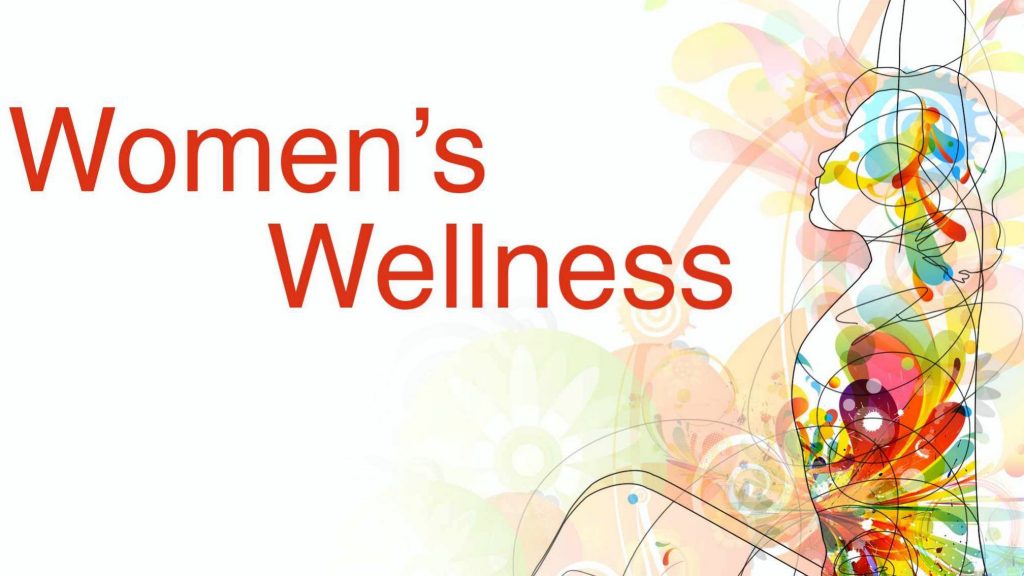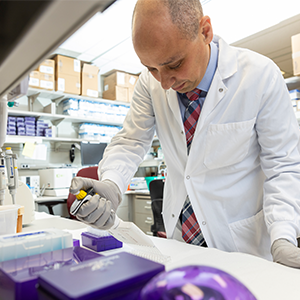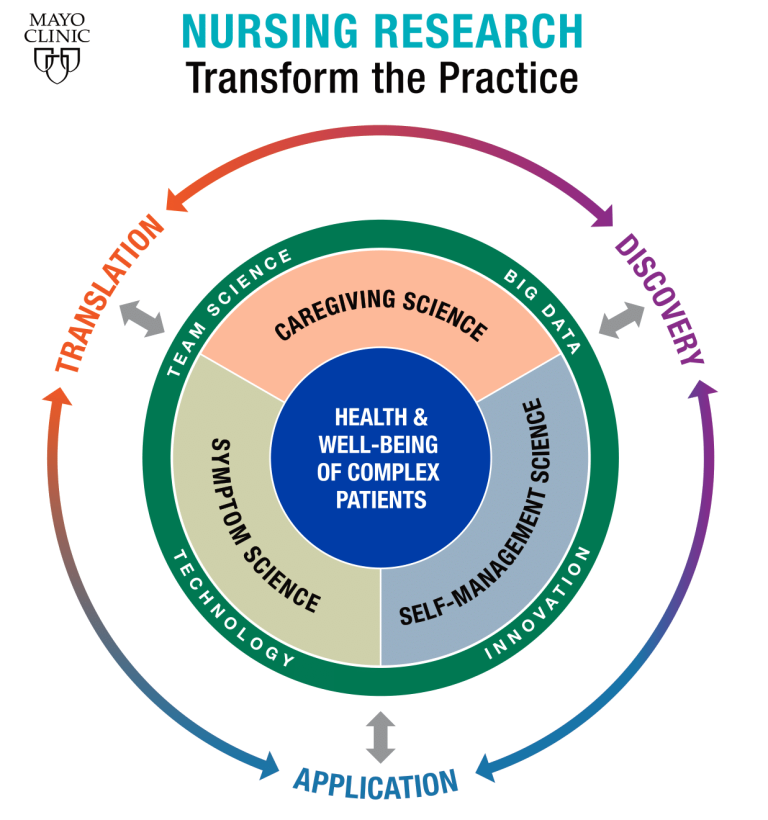-
Women’s Wellness: Chronic pelvic pain can have multiple causes

Chronic pelvic pain is pain in the area below your bellybutton and between your hips that lasts six months or longer.
Chronic pelvic pain can have multiple causes. It can be a symptom of another disease, or it can be a condition in its own right.
If your chronic pelvic pain appears to be caused by another medical problem, treating that problem may be enough to eliminate your pain.
However, in many cases it's not possible to identify a single cause for chronic pelvic pain. In that case, the goal of treatment is to reduce your pain and other symptoms and improve your quality of life.
Symptoms
When asked to locate your pain, you might sweep your hand over your entire pelvic area rather than point to a single spot. You might describe your chronic pelvic pain in one or more of the following ways:
- Severe and steady pain
- Pain that comes and goes (intermittent)
- Dull aching
- Sharp pains or cramping
- Pressure or heaviness deep within your pelvis
In addition, you may experience:
- Pain during intercourse
- Pain while having a bowel movement or urinating
- Pain when you sit for long periods of time
Your discomfort may intensify after standing for long periods and may be relieved when you lie down. The pain may be mild and annoying, or it may be so severe that you miss work, can't sleep and can't exercise.
For more information checkout this Symptom checker.
When to see a health care provider
With any chronic pain problem, it can be difficult to know when you should see a health care provider. In general, make an appointment if your pelvic pain disrupts your daily life or if your symptoms seem to be getting worse.
Causes
Chronic pelvic pain is a complex condition that can have multiple causes. Sometimes, a single disorder may be identified as the cause. In other cases, however, pain may be the result of several medical conditions. For example, a woman might have endometriosis and interstitial cystitis, both of which contribute to chronic pelvic pain.
Some causes of chronic pelvic pain include:
- Endometriosis. This is a condition in which tissue from the lining of your womb (uterus) grows outside your uterus. These deposits of tissue respond to your menstrual cycle, just as your uterine lining does — thickening, breaking down and bleeding each month as your hormone levels rise and fall. Because it's happening outside your uterus, the blood and tissue can't exit your body through your vagina. Instead, they remain in your abdomen, where they may lead to painful cysts and fibrous bands of scar tissue (adhesions).
- Musculoskeletal problems. Conditions affecting your bones, joints and connective tissues (musculoskeletal system) — such as fibromyalgia, pelvic floor muscle tension, inflammation of the pubic joint (pubic symphysis) or hernia — can lead to recurring pelvic pain.
- Chronic pelvic inflammatory disease. This can occur if a long-term infection, often sexually transmitted, causes scarring that involves your pelvic organs.
- Ovarian remnant. After surgical removal of the uterus, ovaries and fallopian tubes, a small piece of ovary may accidentally be left inside and later develop painful cysts.
- Fibroids. These noncancerous uterine growths may cause pressure or a feeling of heaviness in your lower abdomen. They rarely cause sharp pain unless they become deprived of a blood supply and begin to die (degenerate).
- Irritable bowel syndrome. Symptoms associated with irritable bowel syndrome — bloating, constipation or diarrhea — can be a source of pelvic pain and pressure.
- Painful bladder syndrome (interstitial cystitis). This condition is associated with recurring pain in your bladder and a frequent need to urinate. You may experience pelvic pain as your bladder fills, which may improve temporarily after you empty your bladder.
- Pelvic congestion syndrome. Some health care provider believe enlarged, varicose-type veins around your uterus and ovaries may result in pelvic pain. However, others are much less certain that pelvic congestion syndrome is a cause of pelvic pain because most women with enlarged veins in the pelvis have no associated pain.
- Psychological factors. Depression, chronic stress or a history of sexual or physical abuse may increase your risk of chronic pelvic pain. Emotional distress makes pain worse, and living with chronic pain contributes to emotional distress. These two factors often become a vicious cycle.
This article is written by Mayo Clinic staff. Find more health and medical information on mayoclinic.org.








